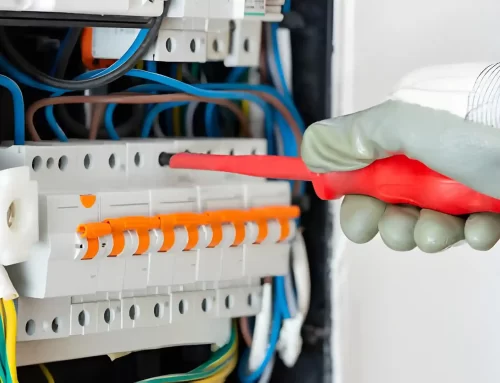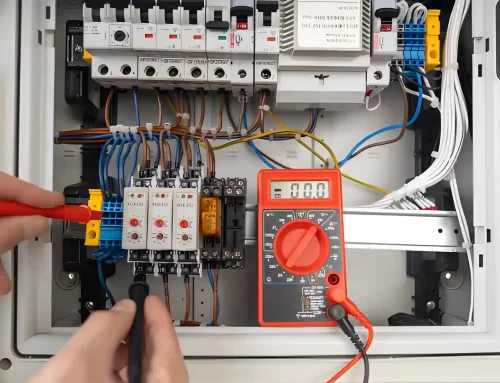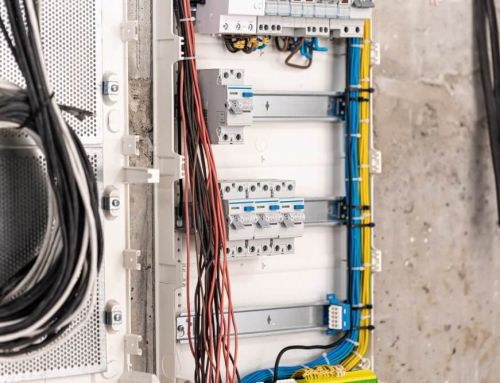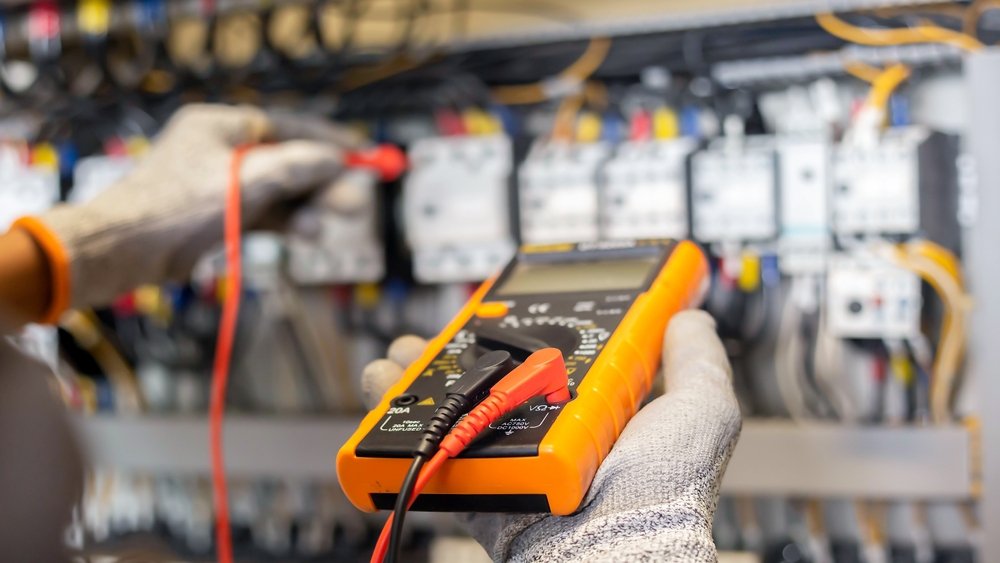
Do I Need a Domestic Electrical Installation Certificate?
Do I Need a Domestic Electrical Installation Certificate;
As either a property owner or landlord, it is your duty to ensure the electrical installations in your building are secure. Doing so can reduce the risk of fires and electric shocks which could prove fatal.
A domestic electrical installation certificate can provide you with peace of mind that your property’s electrical systems are in working order and compliant with UK regulations.
What is the difference between an EICR and a DEIC?
Do I Need a Domestic Electrical Installation Certificate;
An Electrical Installation Condition Report (EICR) is a document created to evaluate the state of an electric system in a property. It will indicate whether or not it meets code requirements, demonstrate any issues that need addressing, and offer advice for improvement.
A DEIC (Domestic Electrical Installation Certificate) is a document similar to a DEIC, but it’s only required for new circuits or where an existing circuit has been modified or extended. Additionally, the certificate should include a schedule of inspections and test results.
EICRs are an effective way to ensure the electrical safety of a property, but it’s essential that they be performed by an accredited electrician. Local authorities and letting agents will only accept EICRs that have been verified by an appropriately qualified individual.
In England, landlords are required to complete an Electrical Installation Condition Report on their rental properties every five years or when there is a change of occupant – whichever occurs first. This is because electrical faults can lead to fires and electric shocks which could be hazardous for those living in the property.
In certain circumstances, an EICR isn’t necessary. For instance, when rewiring a property with the same protective device and installing no new circuits, you can use a Minor Electrical Installation Works Certificate instead – similar to an EICR but only requiring one single-sided A4 document.
With the government having recently implemented a higher electrical standard for homes in the Eighteenth Edition of the Wiring Regulations, it is more likely that an EICR in 2017 won’t show that your property meets these newer requirements. Therefore, it is highly recommended that any electrical work in a property be upgraded to meet these updated requirements.
How much does a DEIC cost?
Do I Need a Domestic Electrical Installation Certificate;
As with all electrical inspections, the cost of a DEIC depends on how much testing is necessary and the size of the property. For smaller flats or houses, it usually takes less than an hour and costs between £150 – £250; larger homes may take up to two hours of testing at an additional charge of £300+.
As part of building regulations, homeowners and landlords are required to get an EICR done when they rewire or add new circuits to their property. This is done for tenant safety and to help avoid legal fines that could be imposed if landlords don’t have the correct documents in place.
When selling or renting your home, having an EICR performed is a wise idea as it will demonstrate to potential buyers that your house’s electrics are secure and up-to-date – expediting the buying process. You can request your solicitor to include an EICR in their residential or commercial property information form.
The cost of an EICR will vary based on the condition and age of your electrics, as well as how many bedrooms and circuits there are in your home. It also depends on what testing is necessary and how many faults are discovered during inspection.
Before performing an EICR, a qualified electrician must assess your property and inspect its wiring. They’ll test all major electrical systems such as plug sockets, switches, light fittings and more for signs of wear. Furthermore, they check any appliances or fire alarms to guarantee they are in proper working order.
Building Regulations
Do I Need a Domestic Electrical Installation Certificate;
Building Regulations exist to guarantee domestic electrical installations are secure and compliant. Without them, there could be electric shocks or faulty circuits resulting in fires.
All new homes, extensions and alterations to existing installations must be approved by your local authority. Any work that does not meet full compliance will be deemed unsafe and may result in legal proceedings or fines for the property owner.
If you plan to do any electrical work in your home that falls under Part P of the Building Regulations, a Domestic Electrical Installation Certificate will be necessary. This document verifies that all work has been carried out according to regulations.
This will help prevent accidents and injuries as it demonstrates that an electrical circuit has been designed and installed safely for future use and upkeep. It is essential that any notifiable work be carried out by either a registered electrician or approved self-certification scheme authorized by the Secretary of State.
In England, notifiable electrical installations can be completed by an individual, firm or self-certified installer. While these are a great way to avoid building control approval costs, it remains your responsibility to verify that the electrical installation complies with regulations.
Following completion of electrical work, it is mandatory for the installation to be inspected and tested for legal requirements. An Electrical Installation Condition Report (EICR) will serve this purpose; it will identify any damage, deterioration, defects or conditions which pose risks, as well as providing recommendations for remedial action.
Do I need a DEIC if I’m a landlord?
Do I Need a Domestic Electrical Installation Certificate;
As a landlord, you must decide if or not obtaining a domestic electrical installation certificate (DEIC) is necessary. This document certifies the safety of an electric installation in your property. It will highlight its general condition as well as any issues it may have.
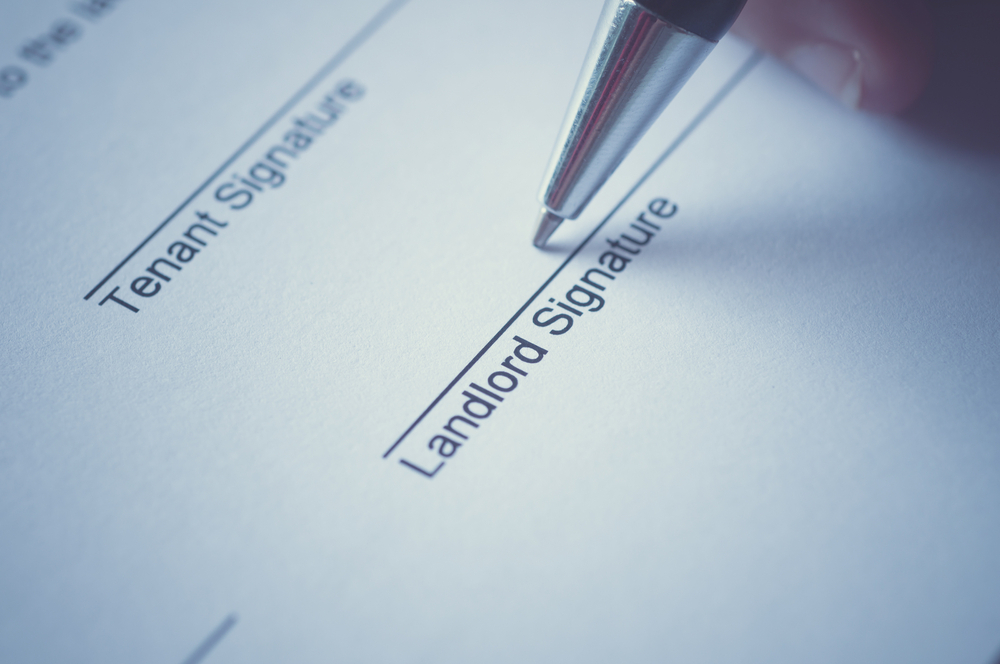
Recently, the UK government issued guidance on Electrical Safety Standards in the Private Rented Sector Regulations 2020, which mandate that every fixed electrical installation be inspected and tested every five years by a qualified person. These regulations apply to private tenants with certain exceptions; however, certain tenancies are exempted from these requirements.
To determine the legal requirements in your area, you’ll need to reach out to your local authority. If they require a DEIC, then you must obtain one from either an electrician or third-party certifier.
A DEIC is a simplified version of an EIC, designed to only cover work that doesn’t necessitate adding an additional circuit from the distribution board.
In England, this certificate must be issued by a licensed electrical contractor and include a circuit chart as well as any testing results.
If the inspection reveals any problems with the electrical system, you must take immediate action. Arrange for any recommended investigation or remedial work to be conducted by a licensed electrician within 28 days of receiving the report.
How long does a DEIC last?
Do I Need a Domestic Electrical Installation Certificate;
A Domestic Electrical Installation Certificate (DEIC) provides official confirmation that your new installation or addition, as well as any rewiring work, complies with UK regulations. It includes a schedule of inspections and test results.
A DEIC is valid for five years from its issue date, provided it complies with relevant electrical standards and your installation was in working order at that time. If an electrician deems your electrical installation unsafe, the certificate will become invalid and a new EICR is necessary.

Only in exceptional cases will an electrician leave a note on your original EICR to indicate that the property should be inspected sooner than the 5-year interval; then you would require a new EICR within this time. Even if your EICR is valid for 5 years, be sure to get all electrical installations thoroughly inspected and tested to avoid breaking Building Regulations.
Landlords must ensure their properties have an EICR installed for any electrical installations rented to tenants, in order to comply with regulations and avoid being held liable in case of accidents or injuries caused by faulty work. An EICR helps guarantee compliance and eliminates liability in case of an electrical malfunction in a rental unit.
Our Pricing
| Our Electrical Safety Certificate Prices |
|---|
| Studio Apartment £67.99 |
| 1 – 3 Bedroom £81.99 |
| 4 Bedroom £89.99 |
| 5 Bedroom £98.99 |
Check Out Our Other Services
| EICR | Commercial EICR | Emergency Light Certificate |
|---|---|---|
| Electrical Diagnostic | PAT Testing | Fuse Box Installation |
About the Author: LandlordCertificate
Related Posts
Get Social
Recent Posts
- Choosing the Right Consumer Unit for Fuse Box Installation London in Properties
- Electrical Diagnostic London: How Professional Testing Keeps Your Property Safe and Compliant
- Asbestos Management Survey London: Update Your Property Records
- Gas Safety Certificate London: Why Regular Checks Save Money Long-Term
- FRA London Explained: How a Professional Fire Risk Assessment Keeps You Compliant and Safe


